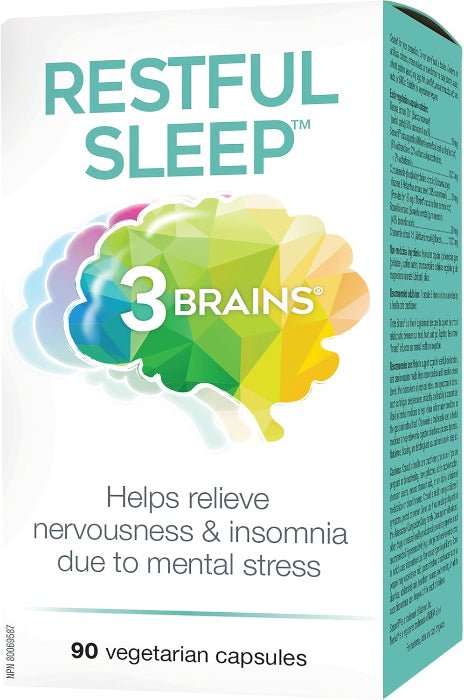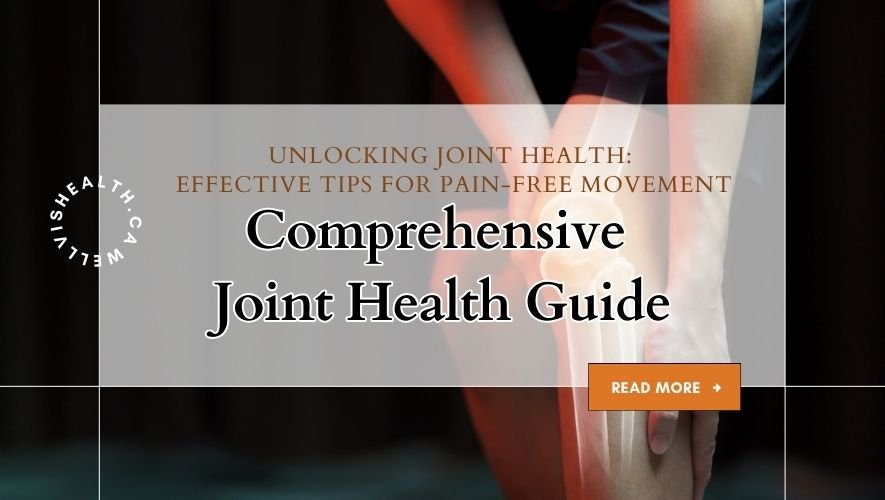You may notice some minor abnormal cognitive changes in our close ones, yet no obvious causes are found. Traumatic brain injury (TBI) is one of the frequent, yet hidden causes of various psychological symptoms.
Traumatic brain injury (TBI) is a form of brain injury that occurs when the brain is injured by trauma. TBI injuries range from mild concussion to permanent brain damage and it can happen to anyone, anywhere.
TBI is a serious injury that 160,000 Canadians sustains each year; there are over a million Canadians currently living with the effects of TBI. TBI is the leading cause of death and disability for Canadians under the age of 40, and children are just as susceptible to TBI as adults are.
The leading cause of TBI is falling; it accounts for 48% of all TBI-related emergency department visits for adults, 49% for children, and 81% of elders. TBI results in a large variety of physical and psychological symptoms and it cannot be seen on X-rays, CT scans, or MRIs.
The effects of said injuries may not immediately show their symptoms; every individual will experience a unique combination of challenges. Some symptoms include fatigue, slurred speech, chronic pain, changes in vision, loss of emotions, irregular sleep patterns, and many more.
Younger-age children may present the symptoms differently, such as a change in eating or nursing habits, unusual irritability, inability to pay attention, or look drowsiness. Severe TBI injuries may lead to permanent disabilities with said symptoms above. Children may respond to TBIs differently than adults. Children are not as developed as adults, making TBI symptoms harder to perceive. If a child will not stop crying and is inconsolable after a trauma to the brain, it is highly recommended for the child to be taken to the emergency department immediately.
No need to say how important it is to protect our brain from various sports activities since it is such a sensitive and important organ in our body. Careful observation of any abnormal changes in our close ones can obtain earlier healthcare support, as well as prevent advanced progression.










